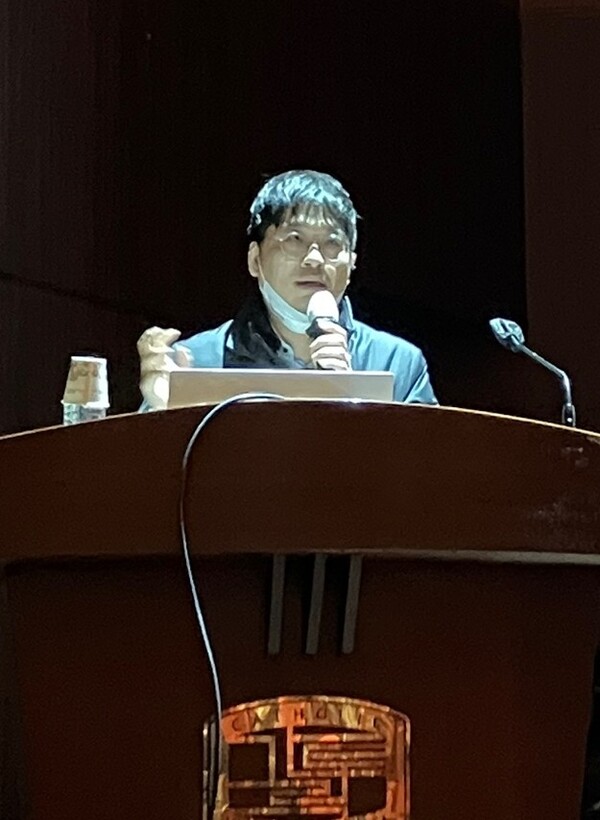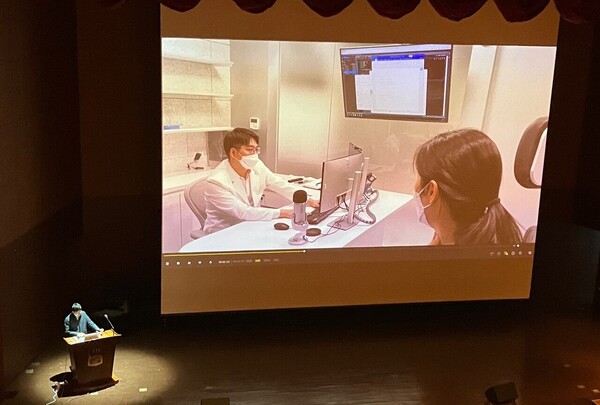Naver, Korea’s largest portal site, has stressed the need to provide telemedicine services for older adults in mountainous areas and islands with little healthcare access.
It noted that the ethical use of artificial intelligence is emerging as a global issue to narrow the medical divide.

What matters is to provide medical care, face-to-face or non-face-to-face,” said Cha Dong-cheol, head of the Medical Innovation Center at the Naver Healthcare Research Institute, in a training session offered by Korean Hospital Association on Wednesday.
Pointing out that the global trend of healthcare service moves toward producing the best results possible under current circumstances, Cha said, “In a large country like the United States, telemedicine can save time. Likewise, residents in our island and mountainous regions also can receive help if such a concept is introduced here.”
Naver also has confirmed the welfare and medical benefits through a survey of single elderly households during the Covid-19 pandemic through its CLOVA AI Call system.
CLOVA AI call is the service that automatically calls 100 older adults living alone in Haeundae-gu, Busan, every other week and records the contents. It can regularly manage daily health conditions such as basic meals, exercise, and sleep.
Recently, it has been upgraded with a memory function that allows it to remember past conversations and talk. Ninety-five of the 100 older adults living alone have been using it since November 2021. As such, AI technology can be used to solve the problem of medical inequality, Cha said.
“Some older adults in remote areas have little access to medical service. For instance, medical professionals in the Seosan Hospital along the western coast once scheduled a medical care trip for patients on islands offshore but could not go there due to poor ferry service,” he said. “We felt the need to secure some channels through which we can provide telemedicine or at least tele-consulting.”

Naver also pays attention to solving the problem of insufficient medical personnel in the medical field. So, Cha said it is trying to develop a solution that can directly help improve the working environment of medical institutions by utilizing AI-based digital technology.
He introduced “Voice EMR,” “Smart Survey,” and “automated recording of medical records,” developed jointly with AI’s technology team, CLOVA, as examples of healthcare solutions.
Smart Survey is an electronic medical recording system that automatically converts patients’ replies to pre-treatment questions into medical terminology doctors use. As a result, it reduces the simple labor of transcribing patients’ words into EMR.
Voice EMR is a program that transforms patient records into text recorded by nurses on shift during handover using technology that converts voice into text. In addition, an automatic medical record recording solution has recently been developed that can convert medical records between doctors and patients into medical records.
“There are ways to help diagnose, but we would like to help someone do it administratively right now,” Cha said. “For instance, we can help children and adolescents departments, the most understaffed right now, in this way.”

